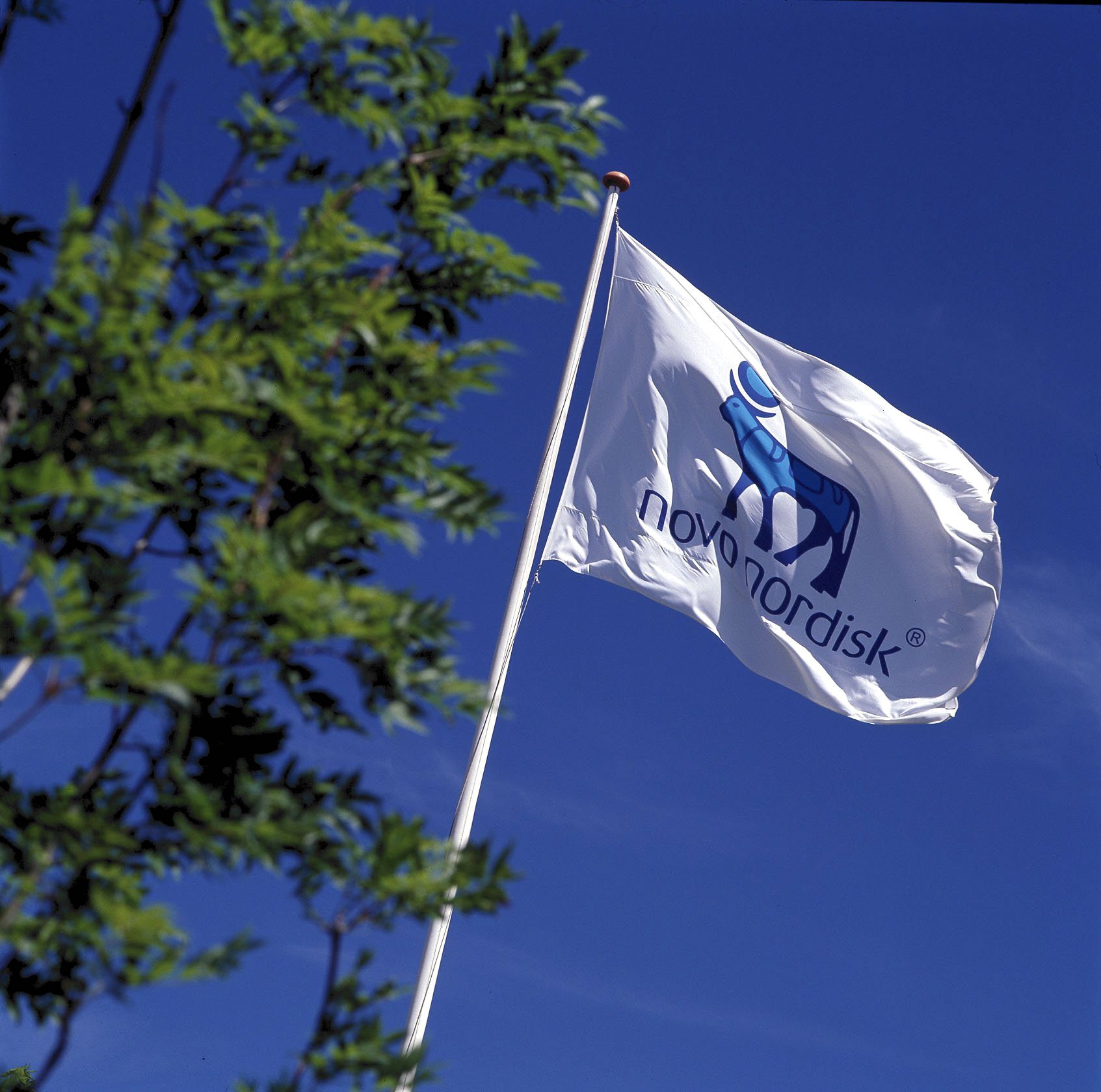Novo hopes hypoglycaemia data will boost Tresiba

Novo Nordisk is applying for an expanded US label for its long-acting insulin Tresiba, hoping to gain an upper hand on Sanofi's older rival Lantus.
Its data submitted to the FDA shows that compared to its rival, Tresiba caused fewer cases of severe hypoglycaemia, which should be a major benefit to patients, as these low blood sugar episodes are both dangerous and frightening for patients.
Data from the DEVOTE study showed that 27% fewer patients in a Tresiba arm experienced an episode of severe hypoglycaemia, resulting in a 40% overall rate reduction of total episodes in patients with type 2 disease.
Patients on Tresiba experienced a 53% reduction in the rate of nocturnal severe hypoglycaemia – and these differences were all statistically significant.
However the DEVOTE trial failed to show that Tresiba is superior to Lantus in terms of cardiovascular outcomes - which are increasingly the focus for all diabetes products.
Faced with a biosimilar version of Lantus now available in the US and Europe, Novo and its big rival in the insulin market, Sanofi, both need data to justify the premium price of their next generation drugs. Novo's Tresiba is competing against Sanofi's Toujeo to show superiority to Lantus and Novo's older Levemir, but the arrival of a biosimilar is eating into their revenues.
The biosimilar, Lilly and Boehringer's Basaglar, is around 28% cheaper than Tresiba.
However there was no evidence that Tresiba produced a cardiac benefit compared with Lantus - data showed a hazard ratio of 0.91 in favour of Tresiba relative to insulin glargine U100, but with no statistically significant difference between the two treatments.
Novo began the DEVOTE trial after a shock rejection by the FDA in 2013 for Tresiba, which required further data on cardiac safety.
The FDA requires cardiac safety data for all diabetes drugs, and DEVOTE met its primary goal of a cardiac safety profile that was no worse than Lantus.
In 2015, the FDA finally approved Tresiba (insulin degludec) and Ryzodeg (insulin aspart and insulin degludec) on the basis of an interim analysis from DEVOTE.
The primary endpoint of the DEVOTE study was defined as the major adverse cardiovascular events composite outcome of the first occurrence of cardiovascular death, non-fatal myocardial infarction or non-fatal stroke.
From a mean HbA1c baseline of 8.4%, the trial showed a similar reduction with Tresiba compared to insulin glargine U100 with an end-of-trial treatment difference of 0.01 percentage points between the two treatment arms, meeting requirements for objectively comparing hypoglycaemia rates between the two treatments.
[caption id="attachment_20125" align="alignnone" width="320"] Mads Krogsgaard Thomsen[/caption]
Mads Krogsgaard Thomsen[/caption]
Mads Krogsgaard Thomsen, executive vice president and chief science officer of Novo Nordisk, said: "The risk of severe hypoglycaemia is a major cause for people with type 2 diabetes not reaching their treatment targets.”
"However, with the DEVOTE data, we have demonstrated that the strong clinical profile of Tresiba leads to a significant reduction in severe hypoglycaemia in people with type 2 diabetes."
Sanofi has produced similar data in April on Toujeo versus Lantus and Levemir in a real world study, cutting hypoglycaemic events in patients who switched by 33%.
Both companies have recently gained approval for new GLP-1 and insulin combinations - Sanofi's Soliqua and Novo's Xultrophy. Analysts think Novo's product could have an edge on its rival, as it limited cases of hypoglycaemia. However the higher cost of both products is likely to mean limited uptake in an increasingly price conscious US market.












